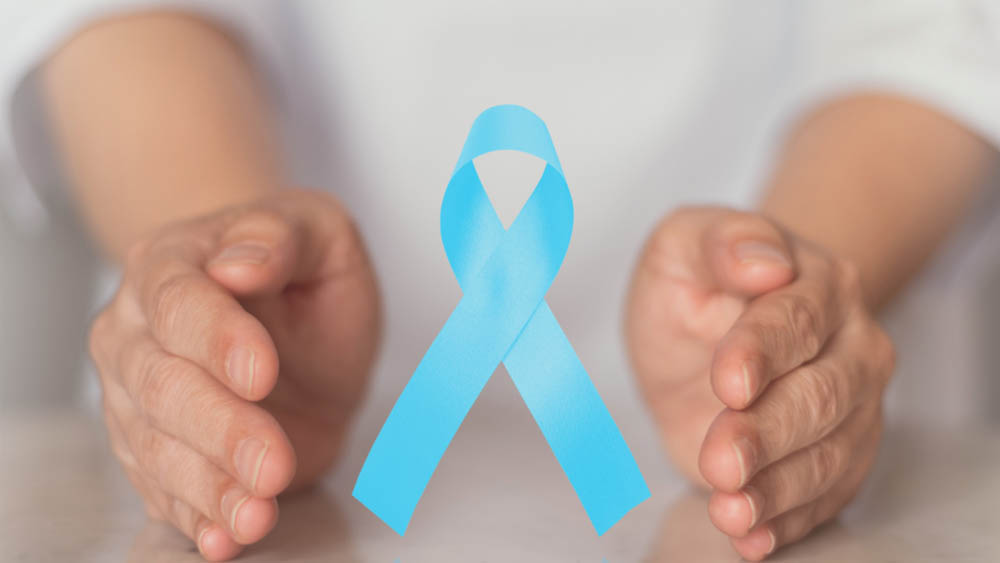March is World Lymphedema Awareness Month
GET DIAGNOSED
Share on facebook
Facebook
Share on twitter
Twitter
Share on linkedin
LinkedIn
Join us in commemorating the seventh consecutive year of World Lymphedema Awareness – a month-long tradition dedicated to raising global awareness and advocacy around this commonly misdiagnosed, under-diagnosed, and misunderstood lymphatic disorder affecting millions of all ages.
“It is estimated that 3-5 million Americans suffer from lymphedema. Due to a lack of awareness, information, and education, even within the medical community, lymphedema is often misdiagnosed or underdiagnosed. Delays in diagnosis or treatment can result in rapid and unchecked progression of the disease.” Source
What is Lymphedema?
Lymphedema is the acute disruption of the body’s lymphatic system, including, but not limited to, complications from a cancer diagnosis/treatment or the inability for the lymph to flow freely from a particular area. This disruption leads to an adverse back-up of lymph (drainage) fluid within the tissues underlying the skin that contains waste products, toxins, and large blood proteins. The accumulation of lymph results in painful, tender swelling in the legs, trunk, arms, and in some cases, the genitals. Though lymphedema primarily affects adults, children as young as newborns have been diagnosed with the distressing disorder. Because lymphedema is still so underrepresented in the medical community, it can lead to death if left untreated. The causes of lymphedema range from genetics to an injury to anything that has damaged the lymph nodes or lymphatic system.
Taking a Stand: Supporting Those Living with Lymphedema
Although March 6th is observed as World Lymphedema Awareness Day, you can honor those adversely affected by the debilitating lymphatic disorder all month long through education, dissemination of news and medical breakthroughs, and advocacy efforts. Attending workshops, donating to notable research foundations, and reaching out to support groups are just a few of the ways you can have a positive and influential impact on those coping with the chronic condition.
One cornerstone, grassroots effort you can get behind is advocating for the passing of the 2013 Lymphedema Treat Act – a federal bill spearheaded by staunch lymphedema advocate and founder of the Lymphatic Advocacy Group, Heather Ferguson, that seeks to improve insurance coverage for crucial lymphedema treatment by amending the Medicare edict that will allow for compression garments. Medical, premium-grade compression garments are vital in the everyday treatment of lymphedema as they aid in the mitigation of progressive symptoms. Contacting your members of Congress and asking for their legislative support in passing the bill will help send a loud and clear message to the medical community. Compression garments are prescribed and need replacement every six months due to wear and tear of the fabric. As you can imagine, this can become costly without insurance coverage, and many healthcare providers, including Medicare, don’t recognize compression garments as a necessary medical prescription. If left unchecked or untreated, the effects of lymphedema can prove dire, resulting in other health complications, such as infections, disfigurements, excruciating pain, disability, and in many cases, immobility.
Though incurable, lymphedema can be managed effectively and for the long term with the right resources, like providing high-quality, well-fitted, customized compression garments and daily manual lymph massage sessions.
Other Ways We Can All Step Up
Because of the severe lack of public awareness, support, and healthcare provider information, lymphedema patients often suffer in silence. Some mistakenly self-diagnose their condition to be obesity and implement strict dietary and fitness protocols, only to be left feeling exasperated by the increase of painful symptoms and social stigma. Getting educated is half the battle to beating lymphedema. For those lymphedema sufferers who DO get properly diagnosed, they often don’t acquire the necessary treatment due to insurance coverage issues and/or accessibility. Whether treatment is access to compression garments or undergoing a more aggressive approach, like surgical intervention, most insurance companies simply don’t cover the cost of lymphedema care. Let’s change this!
Consider donating to various initiatives, getting involved in online and local support groups, and/or obtaining and disseminating substantiated, life-saving information by visiting far-reaching and established non-profits, such as lymphedemaadvocacygroup.org. Tuning in to lymphedemapodcast.org to hear inspiring stories and powerful interviews from patients or doctors can also help affect change and move the needle in ways never thought possible.
If you feel you may benefit from lipedema revision surgery and would like to book a consultation with Dr. Jamie Schwartz to evaluate your current physical situation, as well as your medical and lipedema surgical history, be sure to contact our office to speak with any one of our compassionate, highly-knowledgeable staff members. We look forward to hearing from you and we’re always here to help.

